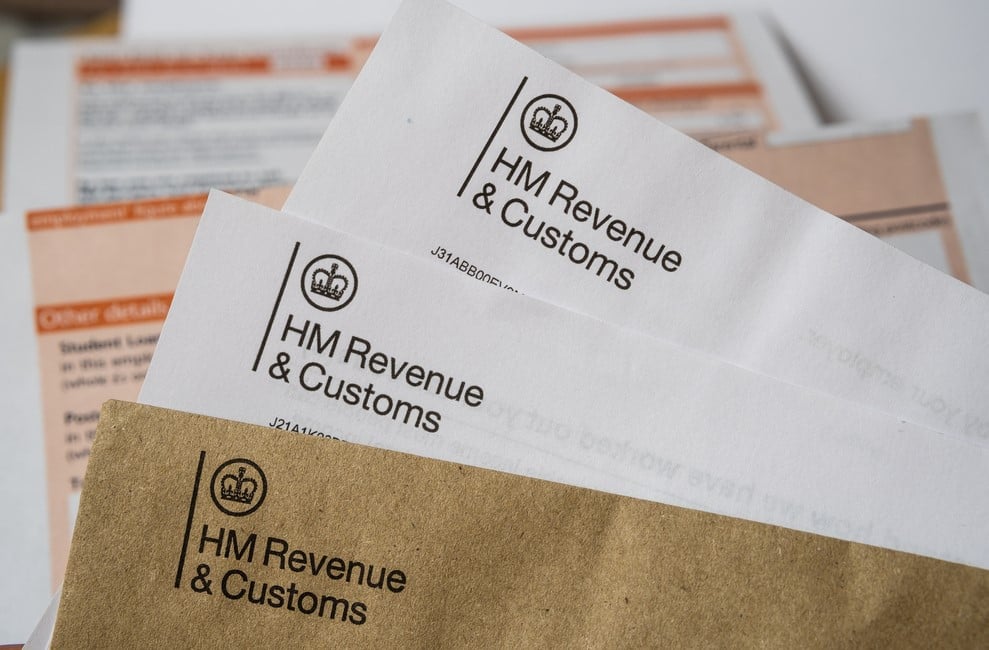HMRC can often transmit waves of anxiety through anyone’s day. Generally, these communications arrive in several forms, but one type that may appear in your mailbox is the termed “nudge letter.” Designed to prompt or prompt taxpayers about their fiscal responsibilities, specifically pertaining to undeclared income, grasping your HMRC nudge letter is essential to ensure that you’re fulfilling your tax obligations effectively.
What exactly is an HMRC Nudge Letter?
A nudge letter from HMRC is basically a preventive measure rather than an blaming one. These letters are part of HMRC’s approach to urge taxpayers to willingly rectify any variations in their tax reports, notably focusing on overseas income that may not have been fully declared. Unlike formal audit letters, a nudge letter does not mean there is an current investigation into your tax affairs. Instead, it serves as a gentle nudge that HMRC has data suggesting there may be undeclared income.

Why Did You Receive One?
Should you’ve come across one of these letters in your post, it is probably because HMRC has received information which potentially clashes with the information you’ve provided, or implies there could be additional sources of income that need be accounted for. Frequent triggers for issuing a nudge letter include differences noted in the data shared by foreign tax authorities or financial institutions regarding overseas income.
Understanding the Content
The main content of a nudge letter usually includes a notice about the importance of declaring all necessary revenues; a signal that mistakes should be fixed; and at times, connections to guides on the best way to handle reporting undisclosed income. It’s crucial to review the information mentioned about the alleged undisclosed income carefully and ascertain whether it pertains to your situation.
Next Steps: What precisely Must You Perform?
Upon receiving a reminder notice, taking proactive steps is essential:
Review your Tax Returns: Verify your prior returns to ensure all revenue sources were reported accurately. Give special focus to any international income.
Consult a Tax Advisor: In case there is any doubt about how to proceed or if corrections are, seeking advice with a tax professional could offer clarity and guidance.
Respond Promptly: Follow any directions given in the notice regarding due dates for response. Participating cooperatively with the HMRC can often avoid further complications or queries.
Fix Every Inaccuracies: If you find oversights or missing data, choose quick measures to fix it. This usually requires submitting amended returns and working together fully with HMRC.
Precaution is Preferred Rather than Remedy
To prevent future HMRC nudge letters, sustaining complete and precise records of each domestic and foreign income is recommended. Consistently updating tax filings and making sure total transparency can assist circumvent the stress associated with such checks from the tax authorities.
Moving through tax matters may seem daunting, especially when it involves complications such as income from abroad. However, understanding why you received an Her Majesty’s Revenue and Customs prompt letter and understanding how to reply adequately might not only assist in addressing possible issues promptly but also strengthen your dedication to careful fiscal adherence. Bear in mind, HMRC employs these letters to aid taxpayers in staying on track rather than penalizing them suddenly.
For details about Nudge Letter Overseas Income explore this popular site
